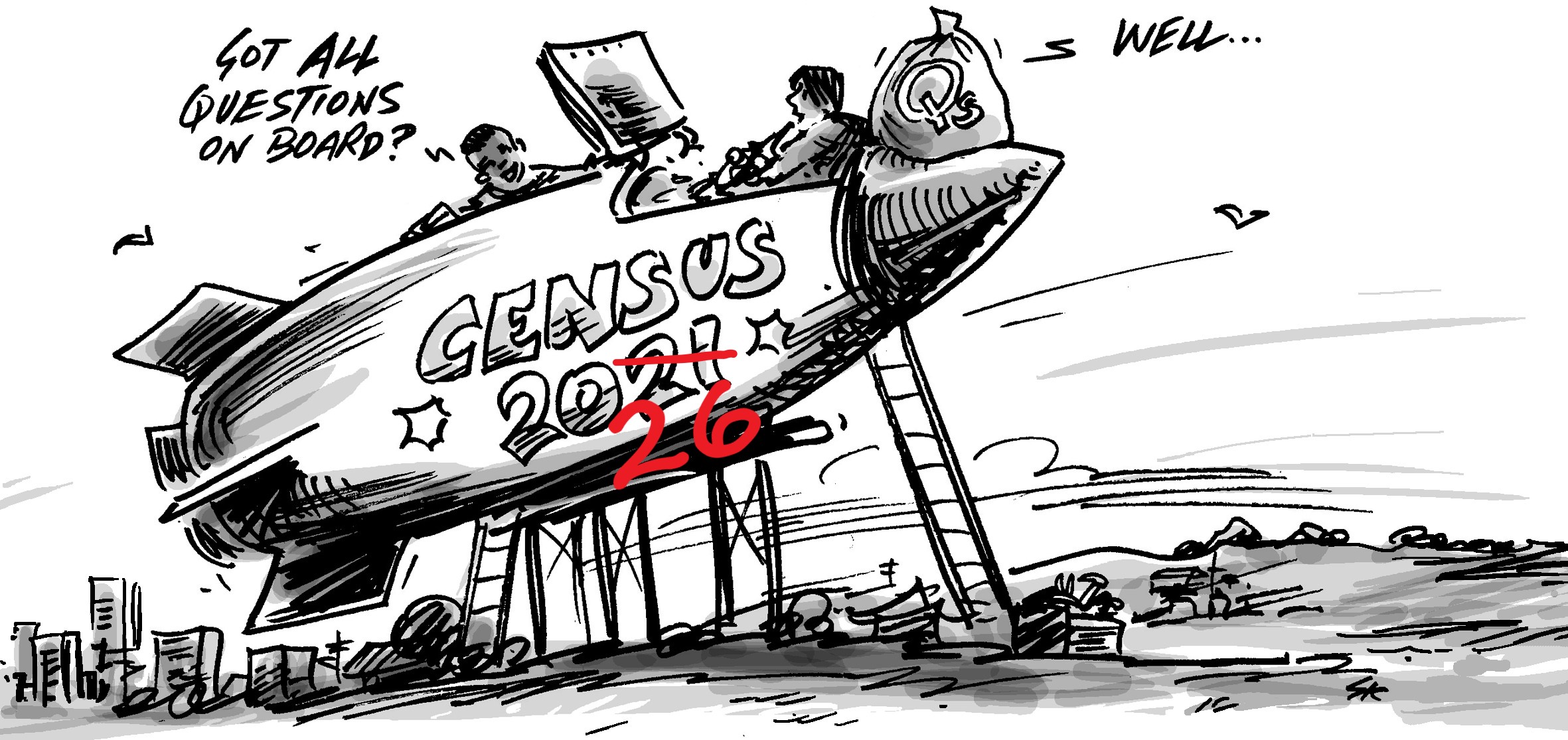Following the Senate Committee Inquiry into the 2016 Australian Census, we take a look at how the report recommendations will impact the future of the Census in Australia.
The Senate Committee Inquiry into the 2016 Census was completed last month and their report has been released. This inquiry was instigated by the Federal Government in response to the eCensus crash on 9th August this year and had a broad scope to look at all aspects of the Census operations, including the contentious privacy issues such as the retention of name and address information.
The inquiry had 90 submissions in total, including a submission from .id. Here are some links to read the report and submissions:
The Census Inquiry was a great opportunity for .id to contribute input into the future of the Census, which is integral to so much of our work, and so important to all our clients in local government and the private sector. In this forum, we are proud to represent the voices of all our clients.
.id is quoted several times in the report, including regarding the importance of Census for data for small areas and small population groups, and the need to have options for people to fill in the forms on paper.
Overall I think the Committee has been very fair and reasonable about the Census, emphasising its importance, and addressing some of the concerns expressed without succumbing to media hype.
Census Senate report recommendations
Some of the recommendations listed in the report include:
- The ABS should consult with the private sector more in future (which includes .id, as a representative for local governments and our other clients).
- Appropriate funding for the 2021 Census should be provided in the 2017-18 budget, which would provide certainty around the future of the Census.
- The ABS should provide open tendering for their online Census, to avoid a repeat of the website going offline on Census night.
- The maximum value of fines should be clearly stated to avoid the issue of fear and uncertainty around the fines that plagued this Census.
- The ABS should have portfolio stability and not be shuffled between ministers on a regular basis.
Whilst the media are still talking about #CensusFail, it appears that despite the difficulties, the Census was far from a failure, with over 96% of households responding. The report states that preliminary information on the quality of the data provided by households shows no significant difference from the last Census, and despite all the talk about name and address issues, less than 2% of forms were provided without names. This is important for data quality, as we’ve stated before, people are more likely to respond accurately if they feel a sense of ownership of the information.
Census data releases in 2017
All indications are that we are on track for a quality Census data release next year, and this is a testament to the hard work of the Census field staff, and the value Australians clearly place in having good Census data.
At .id, we are already busy preparing all our online tools to incorporate the new 2016 Census data as it’s released in 2017. Australian state and territory level data will be released on 11 April 2017. The main release of data from the ABS will be on 14 June 2017 for Local Government Areas and other smaller geographies such as suburbs and towns.
Following the data releases from the ABS, .id can begin processing and converting the raw data into information for integration into our online tools. We plan to update our local government web tools topic by topic for our clients following each data release. We’ll keep you updated on progress so that you can be informed with the latest information for your local area.
.id specialises in analysing and presenting Census data in user-friendly online information tools. You can access .id’s community websites to see the demographic profile characteristics for over 250 local government areas in Australia and New Zealand.









